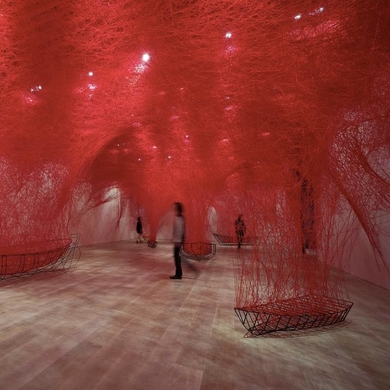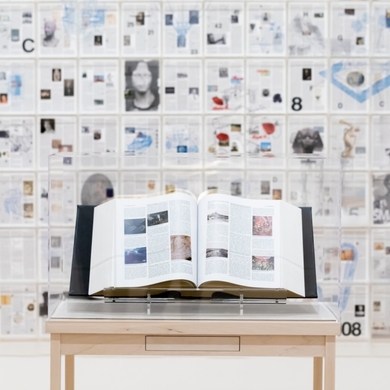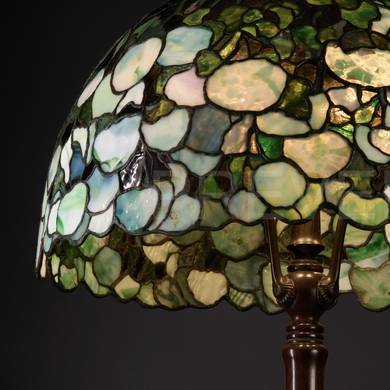The main characteristic of the Deccani Sultanates has always been cosmopolitanism—an open-mindedness and and tolerance that makes light of conflicts present in the rest of peninsular India. Artists combine Iranian, Indian, and Turkman techniques, creating pieces that represent a confluence of cultures. It was from the 15th to 18th centuries that the region’s rich artistry began to flourish, and it has survived and continued to thrive up until modern times. This slide-show exhibition showcases 100 of the region’s most exquisite works, among them the painting of a Buraq, the fantastical creature that carried Prophet Muhammad into the heavens. The Buraq is made up of many other creatures: it has little lions for legs, a small elephant for an abdomen, snake heads for toes, and a dragon for a tail. —E.C.
Arts Intel Report
Nauras

Unknown, al Buraq, 1770/1775. Courtesy of National Museums, New Delhi.
Explore More
Oct 12, 2025 – Mar 29, 2026



